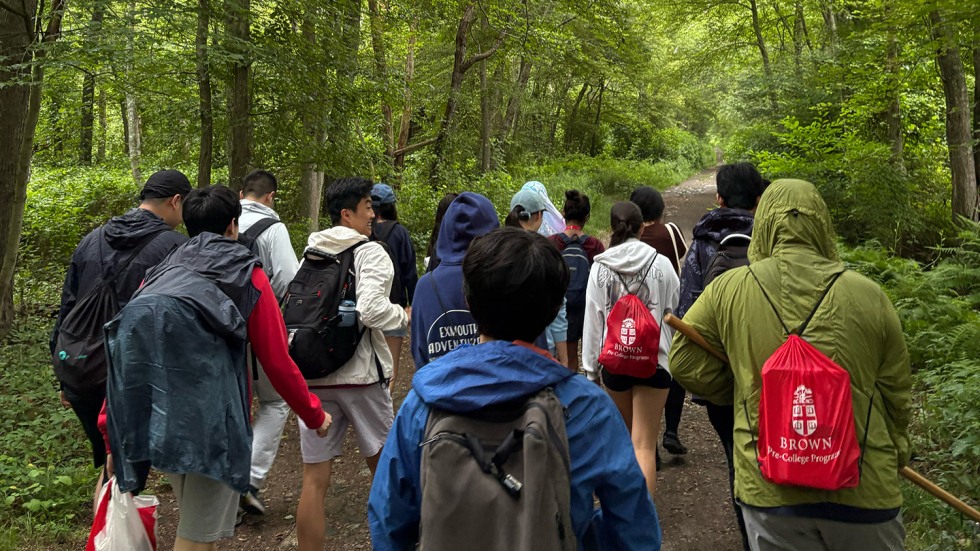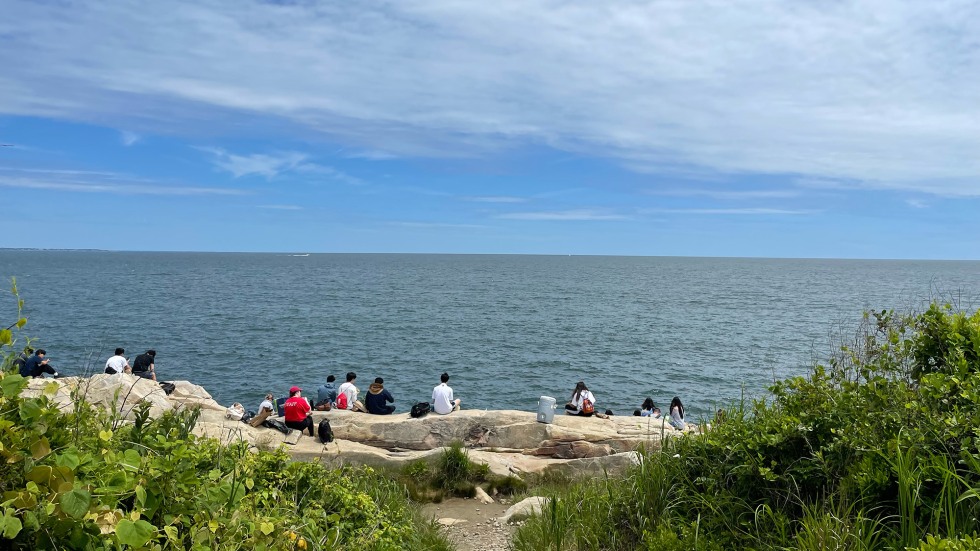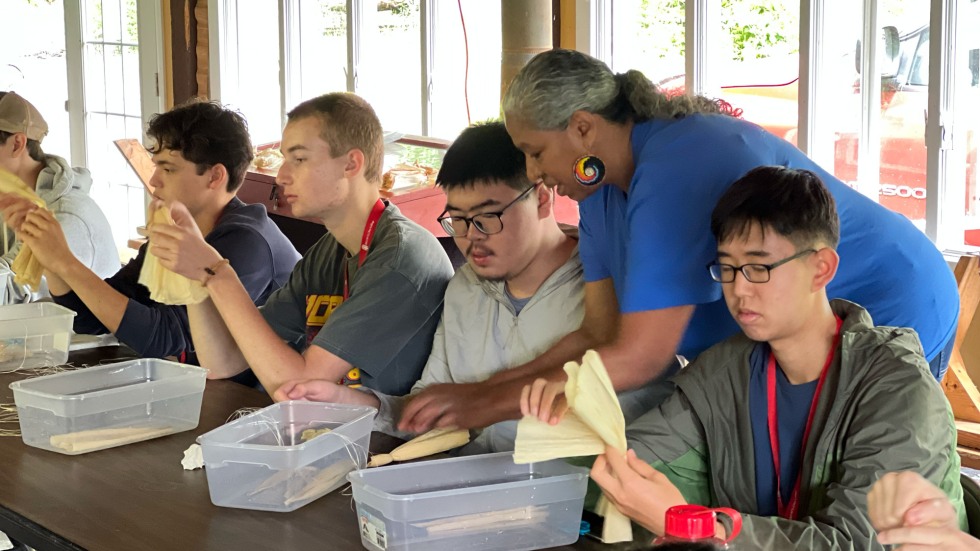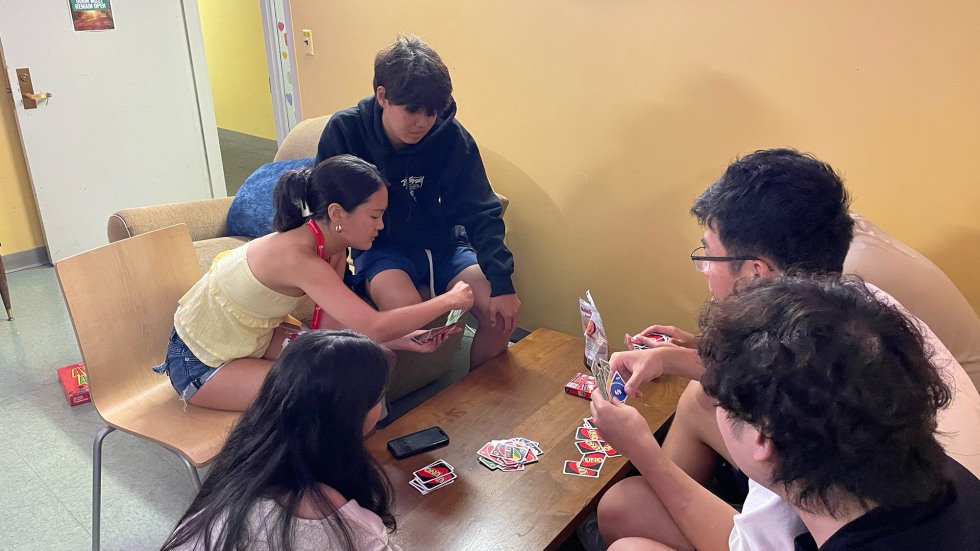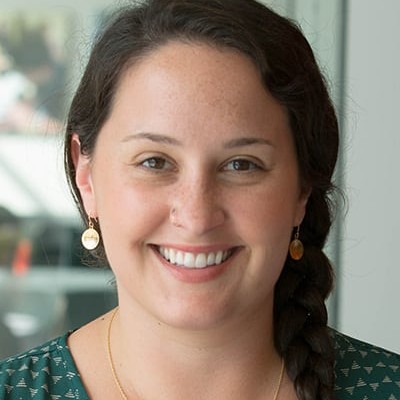 The Brown Environmental Leadership Lab (BELL) combines concepts in environmental studies and leadership, with a mission of developing socially responsible leaders. At BELL, you’ll embark on a journey of learning and reflection while building community with fellow student environmentalists in your program.
The Brown Environmental Leadership Lab (BELL) combines concepts in environmental studies and leadership, with a mission of developing socially responsible leaders. At BELL, you’ll embark on a journey of learning and reflection while building community with fellow student environmentalists in your program.
This two-week program will be based on the Brown University campus, with site visits throughout Rhode Island and Southern Massachusetts. Students will select one course offering in two different program sessions.
BELL Rhode Island course offerings vary each year to highlight the diverse ecosystems represented across the Ocean State. Alongside peers from all over the world, you will attend lecture-style lessons, participate in group work and discussions and travel to relevant sites for field trips based on the course that you select. Each course covers different topics within environmental science or sustainability, offering you the chance to select the learning opportunity that will help you build the skills you need to become an environmental leader in your own community.
Over the course of your BELL experience, you will identify a pressing issue that you’re passionate about. With support from instructors and peers, you’ll develop an Action Plan to apply your new leadership knowledge to this issue when you return home.
